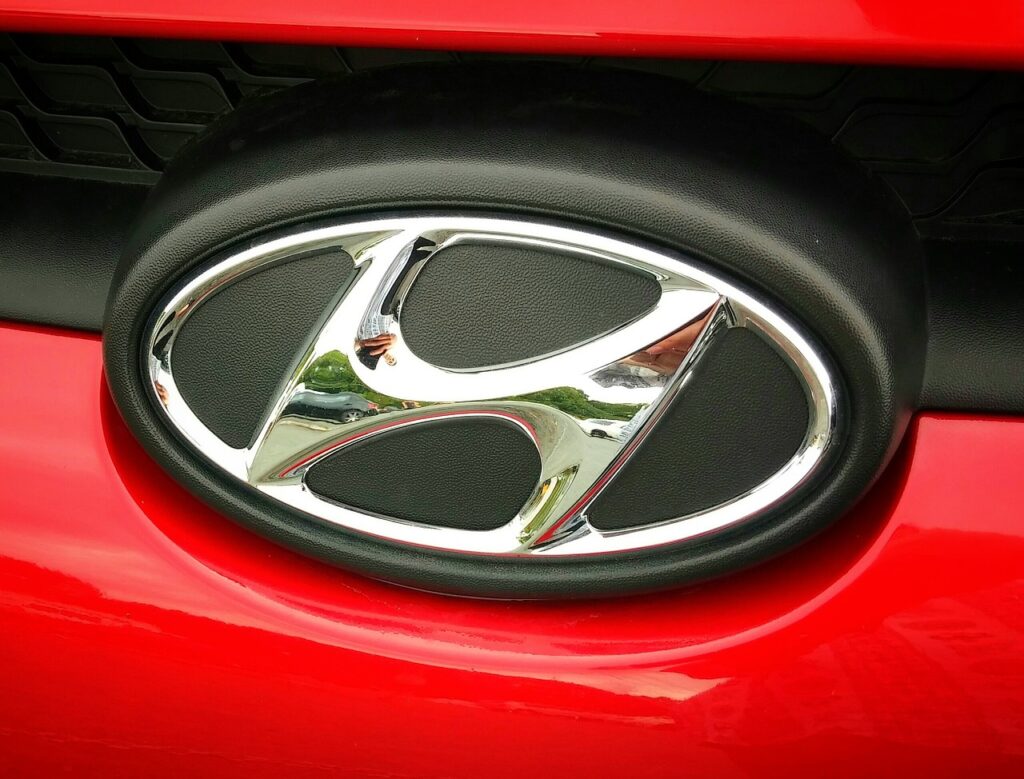Hyundai Motor Company has announced plans to transform its Jeonju plant into a hub exclusively for the production of hydrogen buses and trucks.
This strategic shift aims to combat competitive pressures from China’s dominance in low-cost electric buses and European brands’ strong presence in the truck market.
Hyundai’s Jeonju plant currently operates at only 40% capacity, producing a variety of vehicles including large buses and trucks. The onslaught of low-cost Chinese electric buses and European truck brands has significantly impacted the plant’s performance in the domestic market. Despite efforts to support domestic production through subsidy systems, Chinese electric buses continue to outsell their Korean counterparts, highlighting a competitive disadvantage for Hyundai.
Recognizing the limitations of battery electric vehicles in heavy-duty applications, Hyundai is leveraging its expertise in hydrogen fuel cell technology. Hydrogen-powered vehicles, such as buses and trucks, offer advantages in weight and driving range over battery-electric counterparts, making them suitable for commercial applications requiring long distances and heavy loads.
Hyundai has already scaled up its production capacity for hydrogen electric buses from 500 to 3,100 units annually, underscoring its commitment to expanding the hydrogen ecosystem. Furthermore, plans to introduce hydrogen car transport trucks, refrigerated trucks, and trailer transport trucks based on the Xcient model are set to reinforce Hyundai’s position in the hydrogen mobility market.
In the broader context of hydrogen mobility, Hyundai’s move aligns with global efforts to reduce carbon emissions in the transportation sector. However, the company faces stiff competition not only from traditional automakers but also from emerging players in the hydrogen vehicle market. Industry benchmarks, such as the development of hydrogen infrastructure and the scalability of production, will determine Hyundai’s success in this transition.
